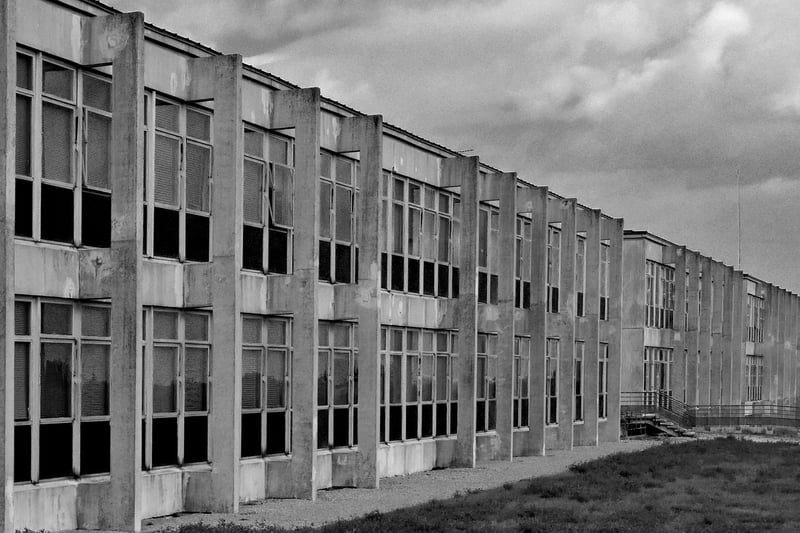Altered Futures
Navigating Time Paradoxes and Altered Futures
Time travel, a concept that has fascinated humanity for centuries, often brings about discussions on time paradoxes and altered futures. The idea of changing the past to create a different future or the possibility of parallel timelines opens up a world of complex possibilities and dilemmas.
Understanding Time Paradoxes
Time paradoxes occur when actions in the past affect the present or future in a way that contradicts the original timeline. The most well-known paradox is the grandfather paradox, where a time traveler goes back in time and prevents their grandfather from meeting their grandmother, thus preventing their own existence.
Other paradoxes include the bootstrap paradox, where an object or information is sent back in time in an infinite loop with no origin, and the predestination paradox, where a time traveler's actions inadvertently cause the event they were trying to prevent.
Navigating Altered Futures
Altered futures are the result of changes made to the past that create a new timeline or reality. This concept is often explored in science fiction, with characters facing moral dilemmas about whether to change the past for a better future or preserve the original timeline.
Popular culture is filled with examples of altered futures, such as the "Back to the Future" movie series, where Marty McFly alters the past and returns to a changed present, and the TV series "Dark," which delves into the complexities of time travel and its effects on multiple timelines.
Conclusion
Time paradoxes and altered futures present intriguing philosophical questions about the nature of time, causality, and free will. While the concept of time travel remains a work of fiction for now, exploring these ideas allows us to ponder the possibilities and consequences of altering the course of history.

Image Source: Pixabay
